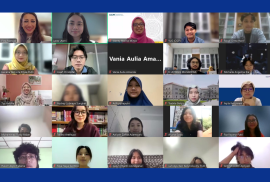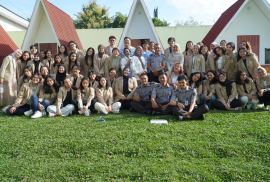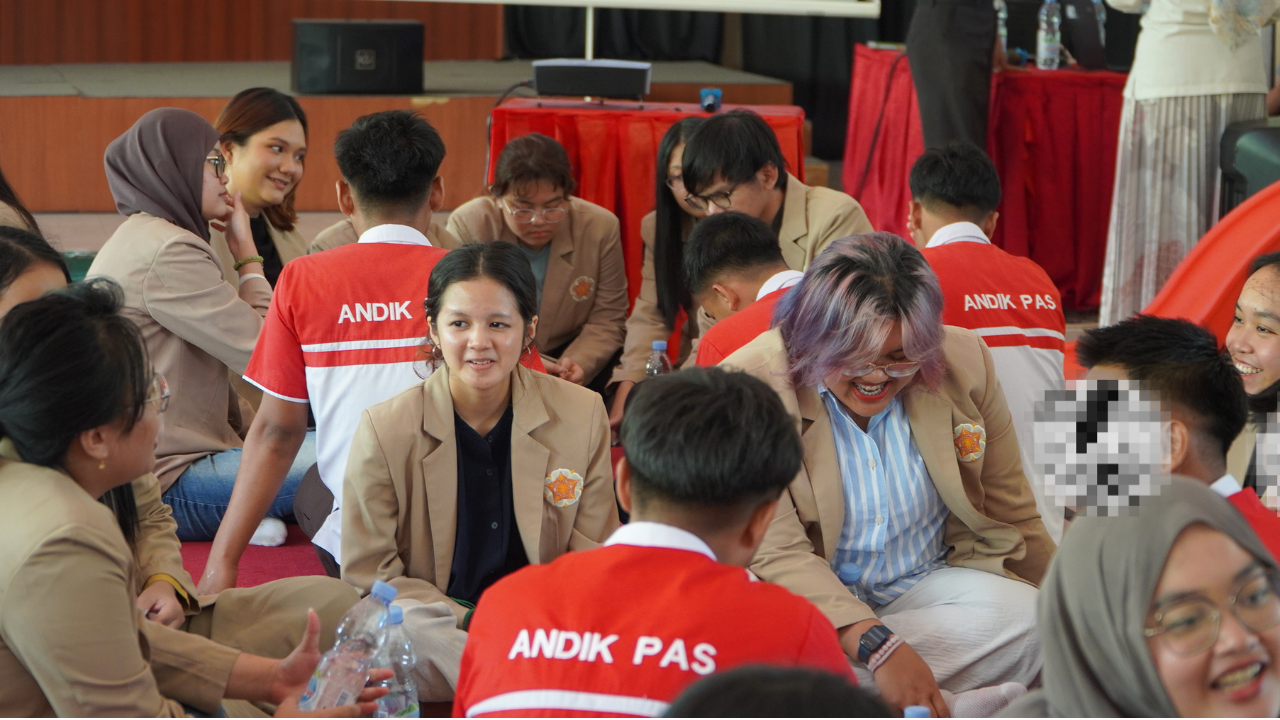For many students, learning is usually conducted inside the classroom. But for Radya Nasywa Zahira, joining the SMI Youth Exchange Singapore–Malaysia–Thailand opened the door to lessons that stretched across borders, cultures, and new experiences.
The SMI Youth Exchange is a program that brings together selected individuals to learn about diplomacy, education, and culture across three countries. Radya was chosen as a fully funded delegate for Batch 10, and for her, the program was an opportunity to gain real international exposure. She shared that it was not only about cultural exploration but also academic visits and meaningful discussions on global issues like the Sustainable Development Goals.






